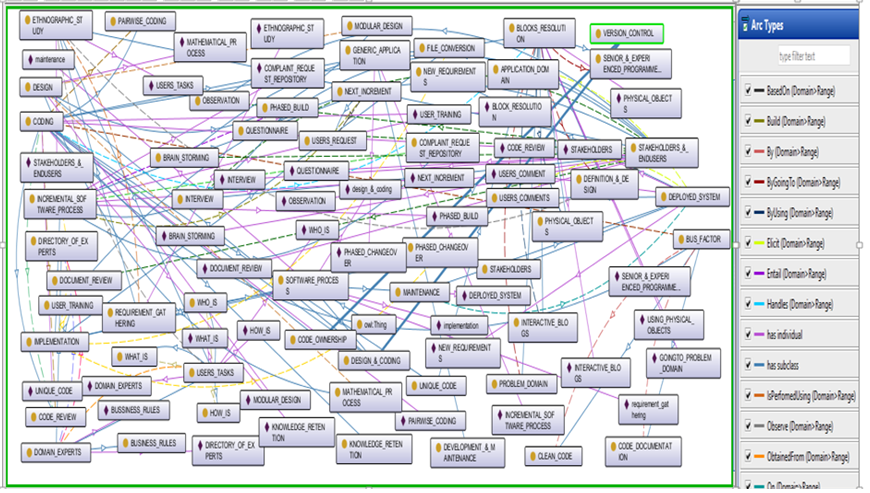Software Process Ontology: A case study of software organisations software process sub domains
Keywords:
Software Process, Software Process Ontology, Ontology, Knowledge, Formal Representation, Knowledge RepresentationAbstract
In a domain like software process that is intensively knowledge driven, transforming intellectual knowledge by formal representation is an invaluable requirement. An improved use of this knowledge could lead to maximum payoff in software organisations which is key. The purpose of formal representation is to help organisations achieve success by modelling successful organisations. In this paper, Software process knowledge from successful organisations was harvested and formally modeled using ontology. Domain specific knowledge base ontology was produced for core software process subdomain, with its resulting software process ontology produced.

Published
How to Cite
Issue
Section
Copyright (c) 2019 Journal of the Nigerian Society of Physical Sciences

This work is licensed under a Creative Commons Attribution 4.0 International License.




